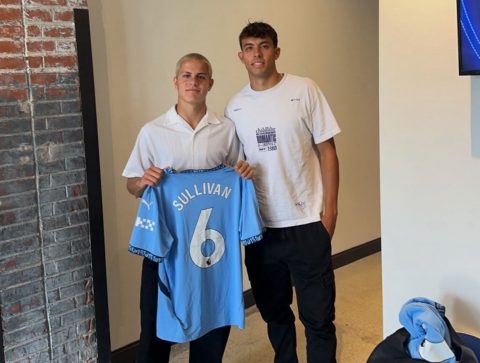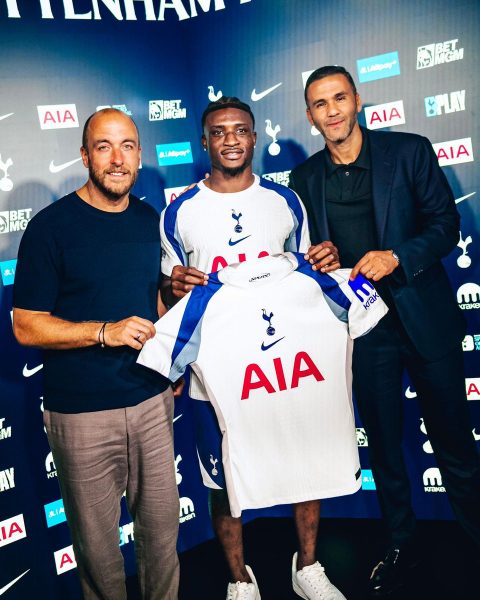In the bustling world of football, where strategies, transfers, and management decisions are key components of a successful season, Chelsea‘s manager, Enzo Maresca, has voiced his concerns regarding match scheduling conflicts, particularly those coinciding with the transfer deadline day. The Italian tactician recently criticised the decision to schedule games on a day crucial for club logistics, highlighting the unexpected challenges it presents.
Maresca’s Frustration
Maresca expressed his frustration after Chelsea played a match that ended just an hour before the transfer window closed. He stated, “Playing on Deadline Day is completely wrong. We finished the game at 10pm and the deadline was 11pm. You cannot plan to get injuries to two strikers in the same game.” His comments reflect a deep concern over how such scheduling affects transfer strategies and player management.
Impact on Transfer Strategies
Playing on deadline day poses significant challenges for clubs like Chelsea, especially when injuries occur. The tight schedule leaves little room to adjust or pivot strategically if key players are injured. Maresca’s team, recently plagued with injuries, felt the sting of this scheduling oversight, making the transfer window even more critical.
Player Fatigue and Injury Concerns
Playing matches right before the transfer window closes places immense pressure on players, raising the risk of fatigue and injuries. For Chelsea, having two strikers injured in the same game not only strained their matchday squad but also limited their options for last-minute reinforcements in the transfer market. This situation amplifies the debate on the necessity of rescheduling critical matches away from the transfer window’s close.
Arguments for Change
The logic behind Maresca’s argument is echoed by many in the footballing world. Here are some key points backing the call for change:
- Logistical Challenges: Clubs are often left scrambling to make last-minute transfer decisions while also preparing for challenging fixtures.
- Injury Risks: High-stakes games leading to potential injuries can severely disrupt transfer plans within a narrow time window.
- Player Welfare: Prioritising player recovery and welfare should be fundamental, ensuring athletes are not overburdened with back-to-back essential commitments.
Looking Ahead
The precedence of game-day scheduling conflicts with transfer deadlines is not new, yet calls for reform have grown louder with managers like Maresca leading the charge. As many clubs navigate these dual pressures, leagues are suggested to reevaluate how such fixtures impact clubs’ and players’ long-term performance and well-being. Addressing these conflicts may improve strategic coherence and player outcomes, sustaining football’s ongoing talent and competition quality.
In true Chelsea fashion, Maresca looks forward to adapting, calling for constructive change in this seemingly perpetual scheduling conundrum, ensuring the club not only survives but thrives under pressure.









